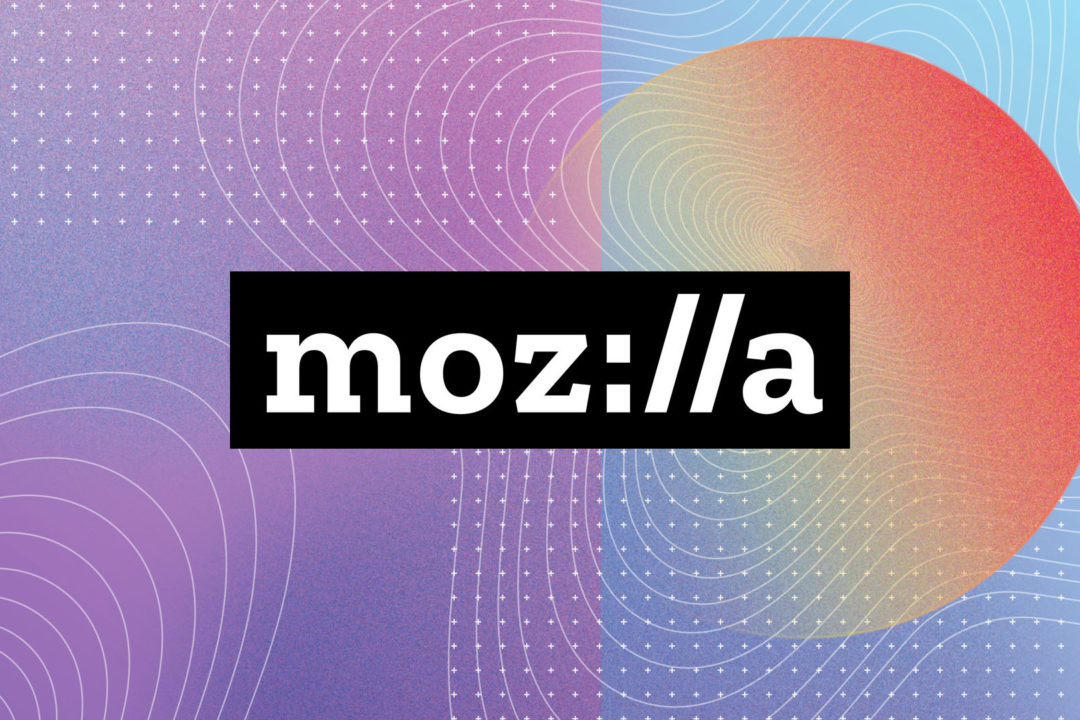cross-posted from: https://lemmy.zip/post/23894598
Despite its emphasis on protecting privacy, Mozilla is moving towards integrating ads, backed by new infrastructure from their acquisition of Anonym. They claim this will maintain a balance between user control and online ad economics, using privacy-preserving tech. However, this shift appears to contradict Mozilla’s earlier stance of protecting users from invasive advertising practices, and it signals a change in their priorities.



Gotta pay the bills somehow, and I’m just happy they care about privacy.
I dislike ads as much as the next person, and find uBlock Origin necessary for browsing the web, but the cold fact is that the internet is run with advertising, whether you like it or not.
If that is done without creating a profile on me, and without crippling the reading/viewing experience, I can tolerate advertisement.
I assume this is also an action towards becoming independent from Google funding; which is a good thing.
Happy to see some sane comments here. Couldn’t have said it better. You can hate ads and still keep a foot in reality.
I choose to keep both feet firmly planted in unreality.
If ads are necessary for the internet, I’m going back to reading books. It was fun y’all.
They put ads in books too, unfortunately. The internet ones you can block.
Book ads are at least usually at the end of the book and for other books you might want to read. And they’re static. If internet ads were like book ads I wouldn’t have to block them.
The internet is run with egress contracts. The web is run with ads.
deleted by creator
Okay bud. Have a biscuit 🍪
Yay :)
deleted by creator
I absolute despise ads but they are a necessary evil, it can be implemented well if it is not done intrusive and doesn’t take up more space then the content it self. Also if it are mostly scam ads and such they might as well not have ads at all.
Fuck ads.
You’re lying to yourself if you think ads will ever be delivered without tracking.
This whole “anonymization” nonsense is a lie. It’s been shown, repeatedly, that data can be de-anonymised, especially data that’s not exactly narrowly collected.